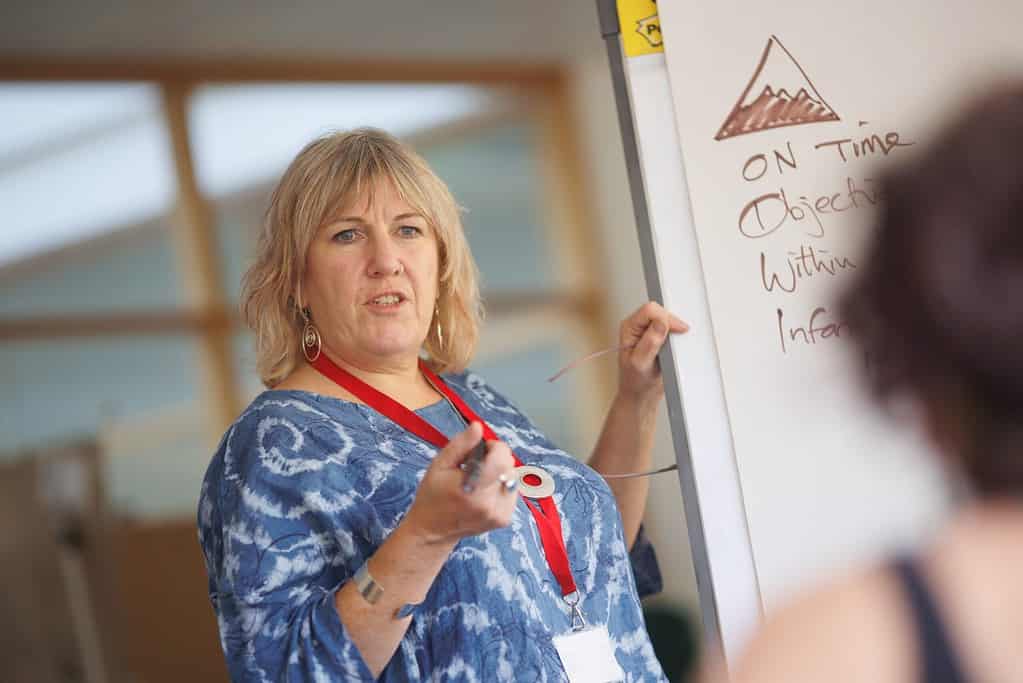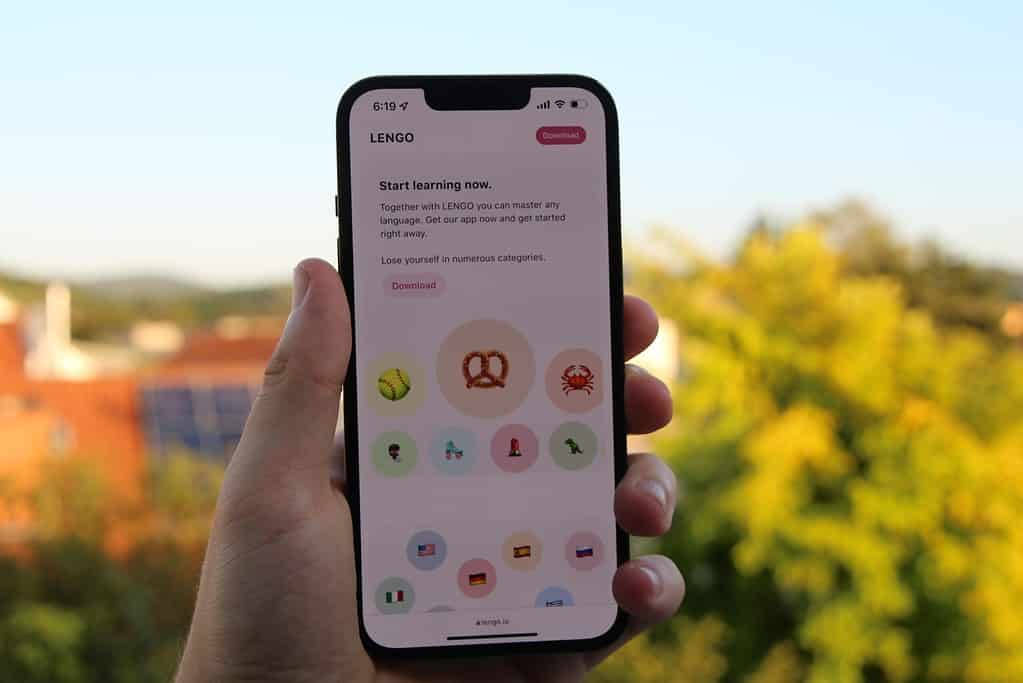Introduction to Language Exchange
Language exchange offers a unique opportunity for individuals to practice a foreign language while helping others learn their native tongue. In the case of English and French, these two languages are among the most widely spoken globally, making them ideal candidates for such exchanges. This article aims to provide practical tips for successful conversations during English-French language exchanges, ensuring that both parties benefit from the experience.
Engaging in a language exchange not only enhances linguistic skills but also fosters cultural understanding. Participants often find themselves delving into the nuances of each language, such as idiomatic expressions and regional dialects, which can significantly enrich their learning experience. For instance, a native French speaker might introduce their English counterpart to the concept of ‘l’esprit d’escalier’, a delightful phrase that describes the feeling of thinking of the perfect reply too late. Such exchanges can lead to fascinating discussions about cultural practices, traditions, and even culinary delights, allowing learners to appreciate the language in a broader context.
Moreover, the social aspect of language exchange cannot be overlooked. Many individuals find that these interactions help build friendships that extend beyond mere language practice. By sharing personal stories, discussing current events, or even exploring shared interests like music or travel, participants create a comfortable environment conducive to learning. This camaraderie not only boosts confidence in speaking but also encourages a more relaxed atmosphere where mistakes are seen as part of the learning journey, rather than setbacks. Thus, language exchange becomes not just an educational tool, but a gateway to enriching relationships and a deeper appreciation of diverse cultures.
Understanding the Basics of Language Exchange
What is Language Exchange?
Language exchange involves partnering with a native speaker of the language you wish to learn. In return, you help them with your native language. This reciprocal learning process not only enhances language skills but also fosters cultural understanding and friendship.

Typically, exchanges can occur in person or online through various platforms. The key is to find a partner who shares similar interests and goals, which can significantly enhance the experience. For instance, if both partners enjoy cooking, they might exchange recipes in their respective languages, thereby enriching their vocabulary while sharing culinary traditions. This not only makes the learning process more engaging but also allows for a deeper connection as they explore each other’s cultures through food.
Benefits of English-French Language Exchange
Engaging in an English-French language exchange offers numerous advantages. Firstly, it allows learners to practise speaking in a real-world context, which is often more beneficial than traditional classroom settings. Secondly, it helps in improving listening skills, as participants are exposed to different accents and colloquialisms. This exposure is crucial, as it prepares learners for real-life conversations, where they might encounter various dialects and informal speech patterns that are not typically covered in textbooks.
Moreover, language exchanges can lead to lasting friendships and a deeper appreciation of each other’s cultures. This cultural exchange enriches the learning experience, making it more enjoyable and meaningful. Participants often share stories about their daily lives, traditions, and even local customs, which can spark interesting discussions and broaden one’s worldview. Such interactions not only enhance language proficiency but also cultivate empathy and understanding, as learners navigate the nuances of each other’s backgrounds and experiences.
Preparing for Your Language Exchange
Setting Goals
Before embarking on a language exchange, it is crucial to establish clear goals. Consider what you hope to achieve from the experience. Are you looking to improve your conversational skills, expand your vocabulary, or gain a better understanding of grammar? Setting specific, measurable goals can help keep the exchange focused and productive.
Communicate your goals with your partner, as this will allow both parties to align their expectations and tailor the sessions accordingly. Regularly revisiting these goals can also help track progress and maintain motivation.
Choosing the Right Partner
Selecting a suitable partner is essential for a successful language exchange. Look for someone who is not only a native speaker of French but also shares similar interests. This common ground can lead to more engaging conversations and a more enjoyable learning experience.
Additionally, consider the partner’s language proficiency. If you are a beginner, it may be beneficial to find someone who is patient and willing to explain concepts. Conversely, if you are more advanced, seek a partner who can challenge you and introduce more complex vocabulary and idiomatic expressions.
Effective Communication Strategies
Active Listening
Active listening is a fundamental skill in any conversation, especially in a language exchange. It involves fully concentrating on what your partner is saying, rather than merely waiting for your turn to speak. This practice not only helps in understanding the language better but also demonstrates respect for your partner’s contributions.

To enhance active listening, try to summarise what your partner has said before responding. This technique not only shows that you are engaged but also provides an opportunity to clarify any misunderstandings.
Using Visual Aids
Incorporating visual aids can significantly enhance understanding during language exchanges. This could include using images, videos, or even written materials to support the conversation. For example, if discussing a specific topic, sharing relevant pictures or articles can provide context and stimulate discussion.
Additionally, using tools such as online dictionaries or translation apps can help bridge gaps in vocabulary. However, it is essential to use these tools sparingly to encourage natural conversation flow.
Overcoming Language Barriers
Embracing Mistakes
Making mistakes is an inevitable part of the language learning process. Embracing these errors rather than fearing them can lead to significant improvements. Both partners should create an environment where mistakes are viewed as learning opportunities rather than failures.
Encourage each other to correct mistakes gently and constructively. This approach not only helps in learning but also builds confidence in speaking the language.
Practising Patience
Language exchanges can sometimes lead to frustration, especially when communication becomes challenging. Practising patience is vital in these moments. Both partners should take the time to explain concepts clearly and avoid rushing through conversations.
When faced with difficulties, it can be helpful to take a step back and rephrase sentences or use simpler language. This strategy not only aids comprehension but also fosters a supportive atmosphere.
Enhancing Vocabulary and Grammar
Incorporating New Words
One of the primary goals of any language exchange is to expand vocabulary. During conversations, make a conscious effort to incorporate new words and phrases. When your partner introduces a new term, take the time to understand its meaning and usage.

Consider keeping a vocabulary journal to note down new words and their definitions. Reviewing this journal regularly can reinforce learning and aid retention. Additionally, try to use these new words in subsequent conversations to solidify your understanding.
Exploring Grammar Together
Grammar can often be a daunting aspect of language learning. However, discussing grammatical rules during exchanges can make the process more manageable. If a particular grammatical structure arises in conversation, take the opportunity to explore it together.
For instance, if discussing the past tense, both partners can share examples from their own experiences. This collaborative approach not only makes grammar more relatable but also encourages practical application.
Making Conversations Engaging
Choosing Interesting Topics
To keep conversations lively and engaging, selecting interesting topics is crucial. Both partners should take turns suggesting subjects that pique their interest. This could range from discussing current events, cultural traditions, or even personal hobbies.
Incorporating diverse topics can help maintain enthusiasm and encourage deeper discussions. Additionally, it allows both partners to learn more about each other’s cultures, fostering a richer exchange.
Utilising Games and Activities
Incorporating games and activities into language exchanges can make learning more enjoyable. Consider playing word games, quizzes, or even role-playing scenarios. These interactive methods can break the monotony of traditional conversation and make learning feel less like a chore.
For example, a fun activity could involve describing a picture or a scene, where each partner takes turns adding details. This not only enhances vocabulary but also encourages creativity and spontaneity in conversation.
Utilising Technology for Language Exchange
Online Platforms and Apps
In today’s digital age, numerous online platforms and applications facilitate language exchange. Websites and apps specifically designed for language learning can connect individuals from around the world, making it easier to find a suitable partner.
Popular platforms often include features such as video calls, chat functions, and forums, allowing for flexible communication. These tools can enhance the exchange experience, especially for those unable to meet in person.
Recording Sessions for Review
Another useful strategy is to record language exchange sessions. This allows both partners to review conversations later, providing an opportunity to identify areas for improvement. Listening to recordings can help in recognising pronunciation issues, grammatical errors, or even areas where vocabulary could be expanded.
However, it is essential to ensure both partners are comfortable with recording sessions, as privacy and consent should always be a priority.
Conclusion
Engaging in an English-French language exchange can be an enriching experience, offering numerous opportunities for personal and linguistic growth. By following the tips outlined in this article, participants can create a supportive and effective learning environment that benefits both parties.
Ultimately, the key to a successful language exchange lies in open communication, patience, and a shared enthusiasm for learning. Whether through in-person meetings or online platforms, the journey of language learning is one that can lead to lasting friendships and a deeper appreciation of different cultures.
Join swaplang Today
Ready to take your English-French language skills to the next level? Join swaplang, the premier language-exchange platform, and connect with native speakers for personalised conversation practice. Whether you’re at home or on the go, you can schedule sessions instantly via browser or mobile. Don’t just learn—immerse yourself and gain the confidence to speak fluently. Sign up now to schedule your live language exchange and start your journey towards language mastery.

















